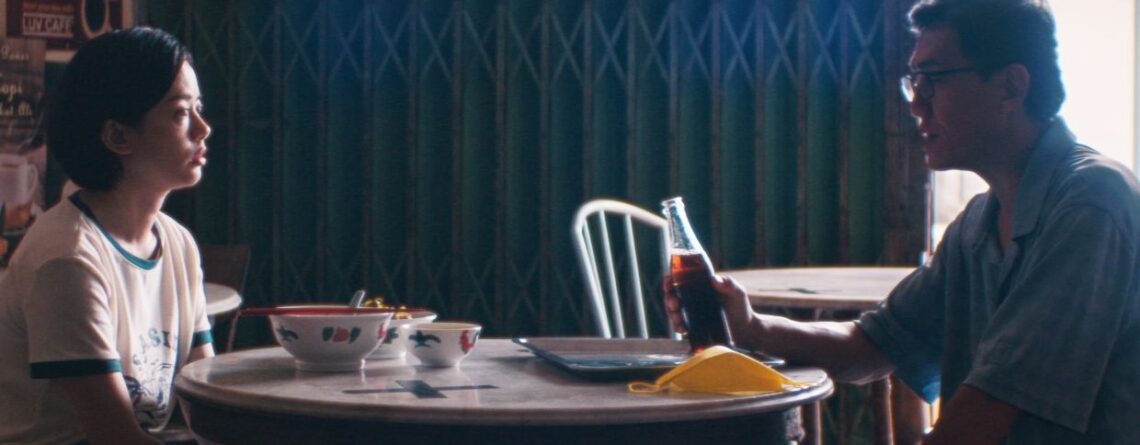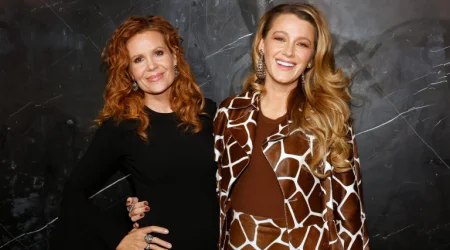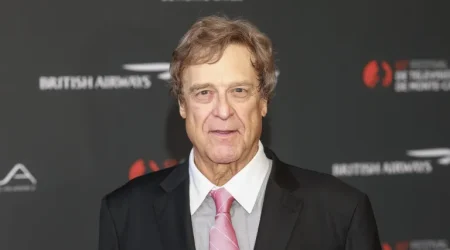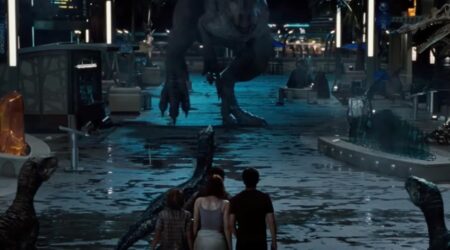‘Hungry Ghost Diner’ came to be after director attended grandmother’s funeral
Having helmed three short films in the crime genre, it would’ve been a natural progression to graduate to making a feature film in the same genre.
However, director Cho We Jun veers off the path to make a personal film with his debut feature Hungry Ghost Diner, which is out at cinemas now.
According to Cho – known as just We Jun professionally – he has always preferred lighthearted fare. He names Tom Hanks’ 1998 film You’ve Got Mail as his favourite.
He also watches a lot of action flicks and crime drama, which explains why his three short films are in that genre.
But then, he says: “Although I love action movies like Die Hard and crime films, I do not have any real insights into the life of crime.
“So I felt my scripts (in this genre) rang a bit hollow as I was borrowing a lot of things from what I have seen.”
This thought dawned on him especially as he was writing yet another script in the crime genre in 2017, when he received a call to attend his grandmother’s funeral at his father’s hometown in Slim River, Perak.
“I’m a city boy and I’ve lived in the city for a long time,” says Cho, who was mainly brought up by his mother in KL.
Unlike his other relatives, Cho is the only one in his family who doesn’t speak Mandarin, making it impossible for him to converse easily with his relatives.
“I feel like an outsider in my own family, which is why I rarely go back to see them … I am constantly finding excuses not to attend the family get-togethers,” adds Cho.
This time, he had no choice but to attend his grandmother’s funeral.

To his surprise, it was an eye-opening event for him.
“I have been to a few Chinese funerals but never really one for my own family member. The funeral ritual goes on for a few days and everyone is just there together at this place.
“It’s very morbid to say this, but it’s almost like a reunion … but to celebrate somebody’s life and to pay their final respects to that person.
“And in that situation, what happens is you end up talking to one another.
“And I realised, being there, that my cousins can communicate in English now and (by the end) I felt really welcomed by the family instead of feeling like an outsider which is how I felt my whole life,” says Cho, who is a father to two little girls.
The 39-year-old adds in the film’s production notes: “Through this experience, I have begun to reconnect with my father, and we are both learning to adjust to this newfound relationship.”
It was then that Cho realised that this was the type of stories he wanted to tell with his films – to explore relatable themes, such as not fitting in and, in this case, finding yourself as part of the family through a strange circumstance.
He started writing a script that became the film Hungry Ghost Diner, which centres around Bonnie (Chen Keat Yoke) who is estranged from her father Bobby (Eric Chen Puie Kong).
The young woman, however, is forced to return to her hometown after a mysterious encounter with her uncle (Sam Chong) one night.
Once back home, she learns that her uncle has died and that the family kopitiam is haunted by the spirit of her late mother, who has become a Hungry Ghost.
In the process of saving her mother’s soul, Bonnie must rediscover the true meaning of the Hungry Ghost Festival, confront her past and somehow mend the broken relationship with her father.
When asked about the challenges of making his first feature film, Cho says he did face a number of doubts even before filming began as he had no experience in that area.
At the same time, he says he felt as if he’d been preparing for such a journey all his life with his past projects and life experiences.
“The interesting thing that I’ve learned making Hungry Ghost Diner is that you rely on all the other aspects of your life up to that point, to kind of keep you going … you tend to draw from those things to help you see it through.”
Among the challenges he faced during filming included bad weather and the residents of Behrang Stesen in Perak – where the film was shot over 30 days – wanting the production team to leave their town alone after being there for weeks.

There was also a matter of the film being a little too close to the heart that added extra stress to Cho as he wanted everything to be just right.
This included heavy research into Hungry Ghost Festival and the funeral ritual, as well as paying detailed attention to the language he ended up using for Hungry Ghost Diner.
“I wrote the script in English because I think in English, and then had it translated to Mandarin. But after the casting process, I learned that actress Keat Yoke and the actor who plays her father spoke in two different slangs.”
Luckily for Cho, that problem was resolved when he learned the actors spoke Cantonese in a somewhat similar manner.
Cho says that these additional details may or may not register with the audience, but his “No.1 responsibility is to entertain”.
“I appreciate the 116 minutes an audience spends watching this film. I do not intend to waste their time. If it manages to evoke an emotion in them or if it becomes a story they want to revisit in the future, that would be great too,” says Cho.
Nonetheless, Cho is excited for the Malaysian audience to watch Hungry Ghost Diner as the film encapsulates a moment in time and is about “memory, nostalgia, commemoration” and of course family.
But one thing he notes: “I think for my next film, I won’t choose such a personal subject.”













Leave a Reply